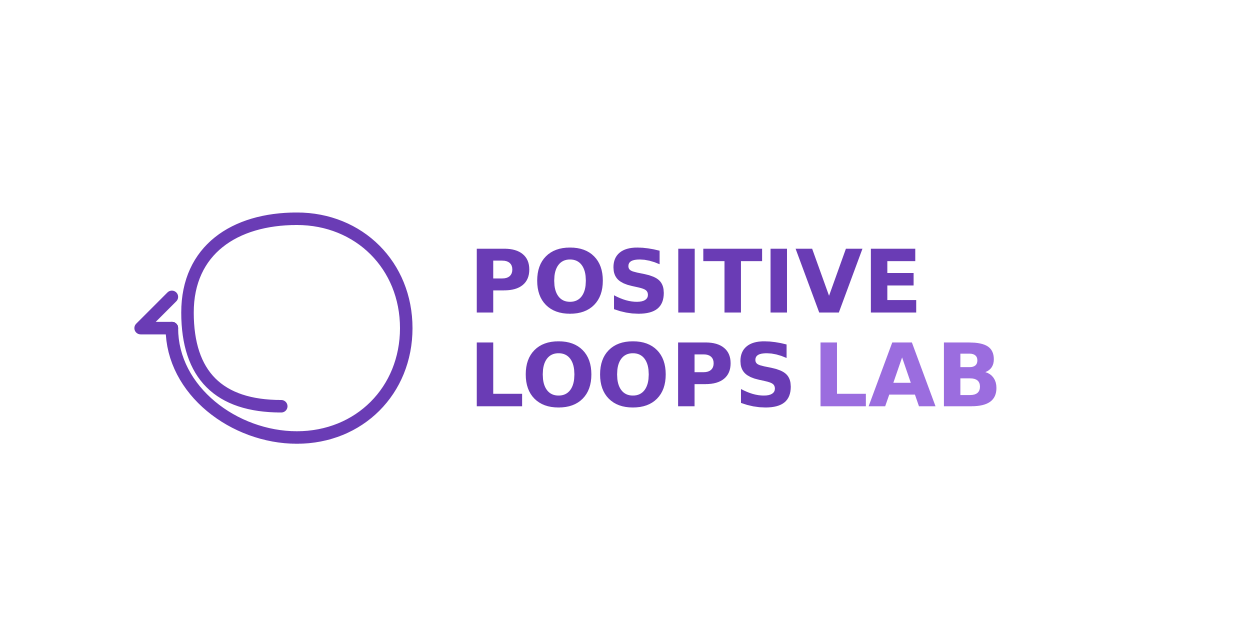Are your portfolio companies providing you with real-time, auditable social outcomes reports?
As a social impact investor, the goal is for dollars to make a difference, as well as a return. To do this you need to be able to assess the outcomes that financial institutions are bringing to their clients. This requires high quality information about outcomes in reporting.
Historically, financial institutions have been poor at providing investors with credible social outcomes reporting. Many industry stakeholders have been forced to rely on financial metrics for decision making.
The problem, for a long time, has been the lack of appropriate technology capable of supporting social impact reporting systems and processes. This is no longer the case. Yet, there are painfully few, if any, institutions that are truly doing what is necessary to align action and intention.
Many financial inclusion stakeholders appear satisfied to settle for outreach metrics and weak ‘outcomes’. For example:
- Number of client served
- Numbers of clients in financial education programs
- Unverified client datapoints such as the percentage of clients 'reporting improvements' in quality of life.
This data can be important, but it is not sufficient to assess the impact of investments in this industry.
Why is this happening?
In my experience, what might appear to be a lack of willingness from stakeholders, is a lack of knowledge and exposure to these new ways of doing things.
Financial Institutions are complex, and there are a lot of stakeholders, with their own incentives. Having worked with dozens of financial institutions, and the networks, investors, governments, and technology providers that support them, I’ve found that there is a simple checklist of qualifying questions that will determine whether a financial institution can provide credible social outcomes reporting:
Question #1: Does the financial institution have a Cloud Based Core Banking System?
A Cloud Based Core Banking System is a prerequisite for effective social outcomes reporting systems.
No exceptions.
On premise and legacy systems are simply not efficient enough to complete the Feedback Loop:
- data collection
- storage
- analysis
- reporting
Question #2: Does it collect social outcomes data digitally, for all customers?
To improve outcomes for clients over time, Social Outcomes data collection should be embedded into business operations.
For all clients.
Collecting social outcomes data from a sample group of clients means:
- There are incentives skew results and cherry-pick
- Not all clients are represented
- Data collection methodologies are not efficient enough
Question #3: Can social data be validated through auditing systems?
To be useful, data must be accurate, and not prone to manipulation.
Many impact reports consist of data has the potential to have been manipulated.
To be credible, the data in impact reports must be auditable.
Question #4: Can real time social and financial reporting be provided daily?
To be responsive to changes in client needs and circumstances, reporting must be timely.
Real time data means:
- Seeing what is happening right now, not last month
- No delay between data capture and reporting
These 4 questions cut to the heart of whether Financial Institutions can provide what should matter for social investors - data showing whether investments are contributing to social outcomes.
Rather than spending weeks or months pouring through documents and doing due diligence, being able to answer ‘yes’ to all of these questions, you can be 99% confident that the Financial Institution is aligned with social outcomes, and in a position to produce healthy financial returns.
The problem?
Almost no Financial Institution is able to answer yes to all of these questions.
The good news is:- The technology is available,
- It is becoming easier to implement,
- The benefits to financial institutions and their customers is significant.
We've got work to do.

